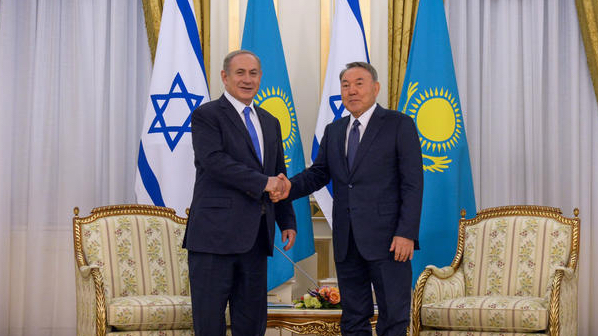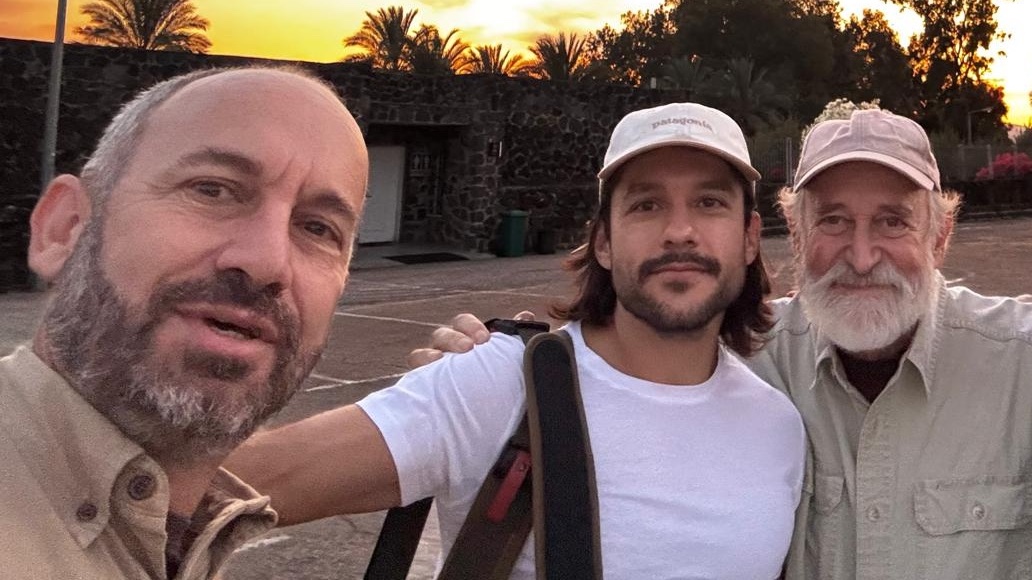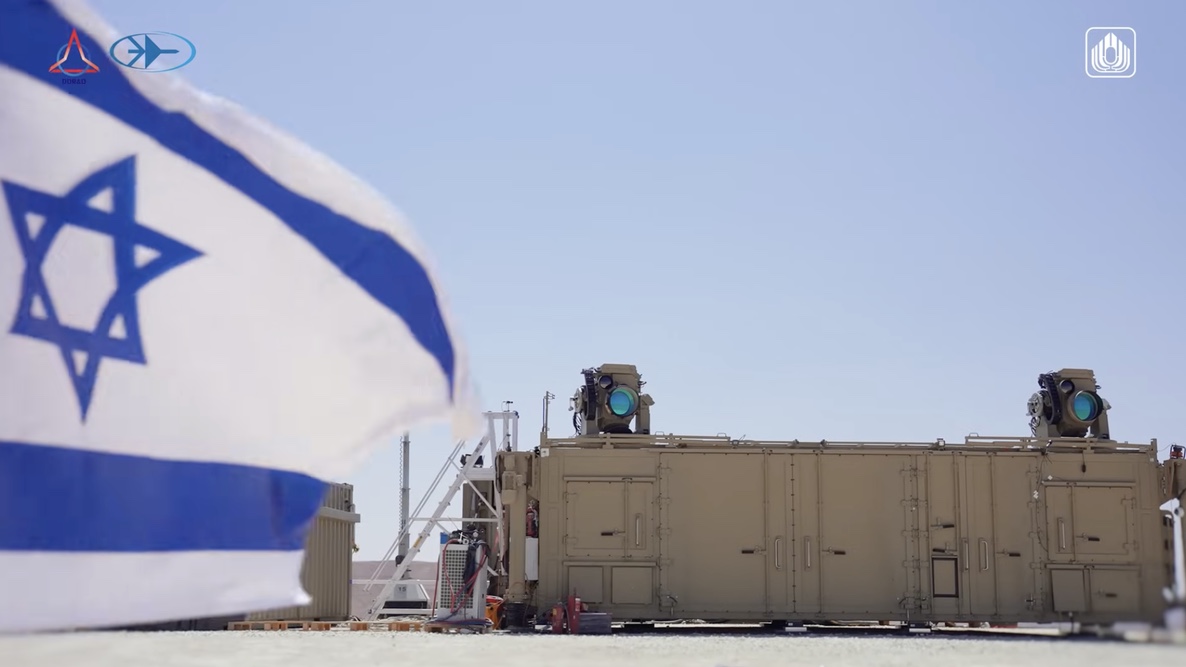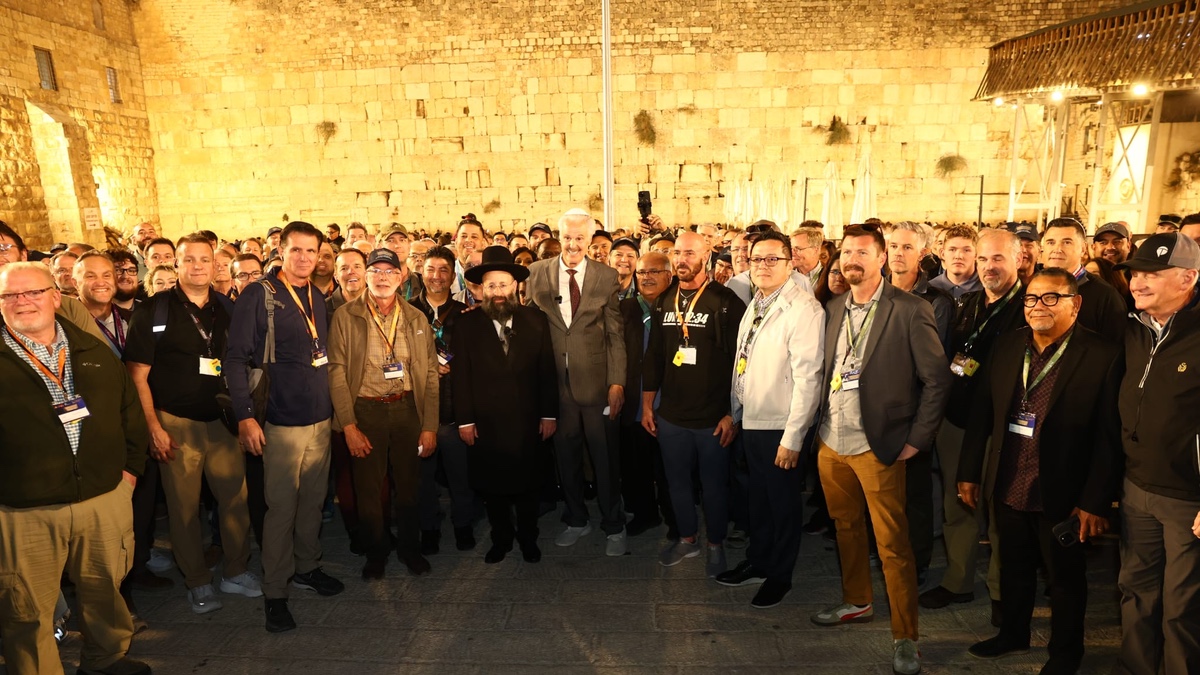US President Donald Trump announced on Thursday evening that the Republic of Kazakhstan would be joining the Abraham Accords — the Israel‑led normalization framework launched during his first term. “Kazakhstan is the first country of my second term to join the Abraham Accords, the first of many,” Trump declared following a call with Israeli Prime Minister Benjamin Netanyahu and Kazakh President Kassym‑Jomart Tokayev.
“Today, more nations are lining up to embrace peace and prosperity… real progress, real results,” Trump added, while the US ambassador to the United Nations mused, “Is anyone getting tired of more peace?”
But among Israelis, the reaction was somewhat muted. While Israel certainly welcomed the move, reactions on local social media noted that the announcement carries far less weight than the breakthrough deals with the United Arab Emirates, Bahrain, and Morocco back in 2020 — because Israel already has had full diplomatic relations with Kazakhstan for more than three decades.
Diplomatic records show that Israel and Kazakhstan officially established ties on April 10, 1992, with embassies opened shortly thereafter in both countries. The longstanding bilateral relationship includes economic collaboration, defense trade, and mutual diplomatic engagement. From Tel Aviv’s perspective, there is no new “normalization” in the typical sense — only a symbolic upgrade into the Abraham Accords framework.
In short, for Israelis, Trump’s announcement carries public relations value, but no real strategic change for Israel.
Why the disparity in excitement?
When the UAE, Bahrain and Morocco joined the Accords, they marked a reversal of entrenched Arab‑state non‑recognition of Israel. Each country broke decades of formal isolation and hostility to accept open relations with the Jewish state. In contrast, Kazakhstan never followed that path; it recognized Israel long ago, and relations were already well‑established.
According to US officials, Kazakhstan’s decision is part of a broader push by Washington to rejuvenate the Abraham Accords after a lull caused by the Gaza war. The Reuters report notes that the country’s accession is “largely symbolic” and aimed at reinvigorating the Accords’ momentum.
US Secretary of State Marco Rubio, however, insisted there was more to it: “It’s an enhanced relationship beyond just diplomatic relations.”
What’s in it for Israel?
Despite the lower novelty factor, Israeli officials do see some upside in the development. The move expands Israel’s diplomatic outreach into Central Asia, aligning with Jerusalem’s broader goal of building strategic partnerships beyond the Middle East. The Conference of Presidents of Major American Jewish Organizations noted the new entry “deepens ties between Israel and the broader Arab and Muslim world” and praised the history of cooperation between Israel and Kazakhstan in trade, investment, agriculture and defense.
But Israel’s foreign policy establishment also remains cautious. The symbolism of a “Muslim‑majority country joining the Accords” retains value, yet Jerusalem knows that tangible new benefits — such as high‑level diplomatic breakthroughs or defense cooperation gains — are less likely here than they were in earlier Accords signatories.
What happens next?
Trump said a signing ceremony will be scheduled soon to make Kazakhstan’s participation formal. US officials also hope to announce additional countries joining the Abraham Accords “before 2029,” according to analysts.
For Israel, the task will be balancing the narrative: publicizing the diplomatic success — while internally acknowledging that this particular milestone is less historic and more symbolic.
Conclusion
Kazakhstan’s accession to the Abraham Accords is being celebrated in Washington as a sign of expanding regional peace. But for Israel, the event is more modest — strengthening existing ties rather than transforming them. In a landscape where real breakthroughs are measured in new openings, not old friendships, this announcement is welcome, but hardly revolutionary.
Want more news from Israel?
Click Here to sign up for our FREE daily email updates














